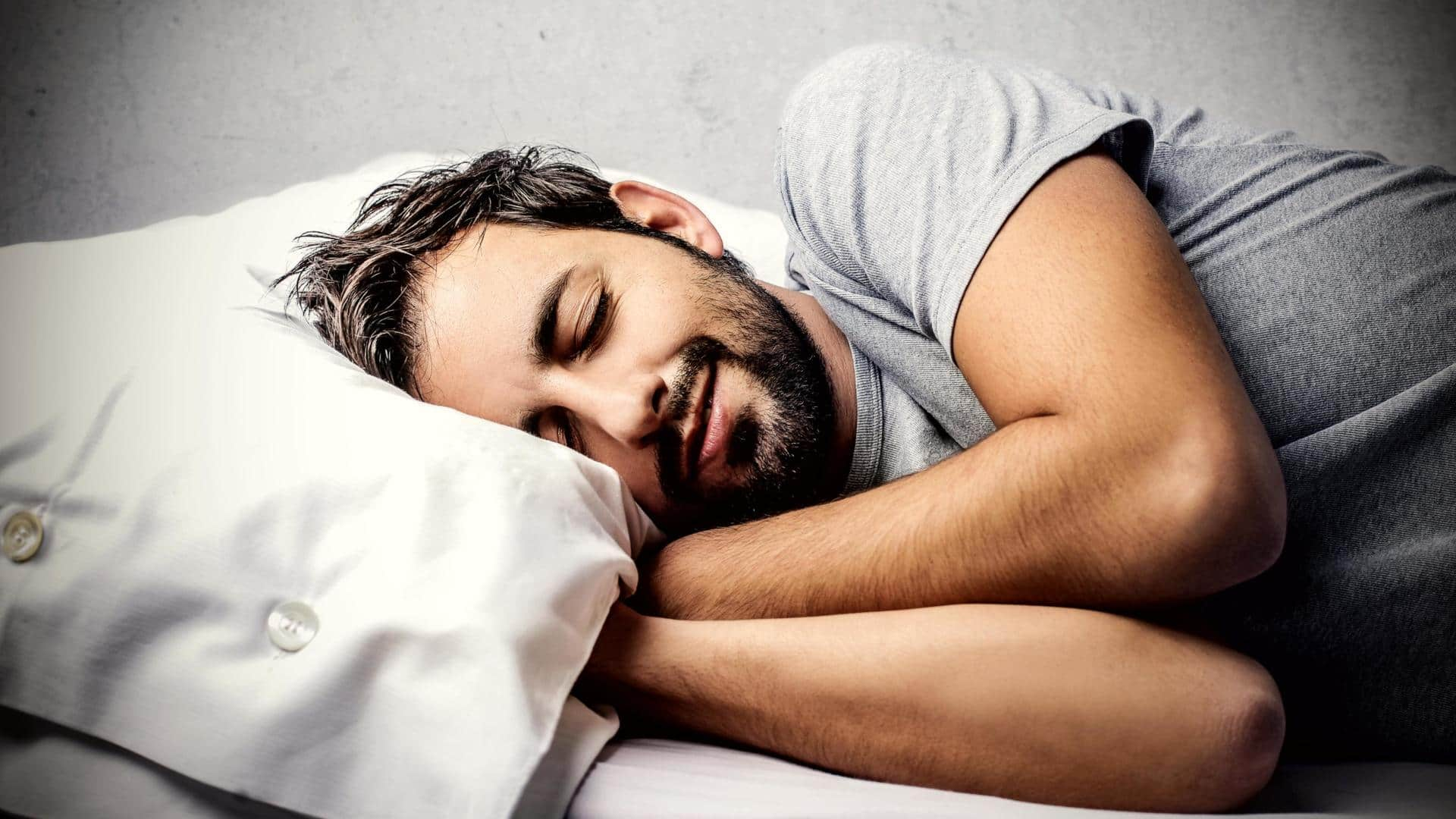
Sleep awareness week 2023: Debunking 5 biggest myths about sleep
What's the story
In this fast-paced world, most of us have been bogged down by work-life imbalance, to such an extent that we have lost more than we could ever gain. Sleep is one such phenomenon that we have been yearning (read: yawning!) to catch for quite some time. As Sleep Awareness Week kicks off on March 12, let us debunk some myths about sleep.
Myth 1
Myth: Many only need 5 or fewer hours of sleep
Five hours or fewer? No! Experts around the world, time and again, have emphasized the fact that a person should get between seven to nine hours of sleep daily. Sleeping lesser or more than that can be detrimental to health as it can invite many acute and chronic diseases. Studies convey that only one in four million people feel fresh after sleeping less.
Myth 2
Myth: Quantity of sleep is more important than its quality
People often think that how much they sleep is all that matters. However, it is incomplete. While the duration of sleep is important, sleep quality is also key to a healthy lifestyle. Waking up in between sleep cycles has downsides, which is why it is advisable to sleep for seven-nine hours to reduce interruptions and enhance sleep quality.
Myth 3
Myth: It doesn't matter when you sleep
Wrong. It matters so much! Various studies and reviews from around the world have revealed that the time when you hit the sack daily naturally adjusts the body's circadian rhythm. This rhythm, which is also called the internal clock, is important as it governs your sleep-wake cycle. When this gets affected, it messes with your metabolism, mental health, and cardiovascular function.
Myth 4
Myth: Our brain shuts down when we sleep
Well, if that was true, we would have been dead by now. Our brain doesn't shut but instead remains active even when we are in a deep sleep. The only difference is that its intensity and pattern of activities change during those hours. In fact, during rapid eye movement (REM) sleep, its activity amps up to the level when you are awake!
Myth 5
Myth: Napping replaces the lack of sleep during nights
While napping is healthy, it doesn't have to do anything with a good night's sleep, let alone substitute it. If you take daytime naps to make it for the last night's lost sleep, you are gaining no benefits but disrupting your sleep-wake cycle as you won't be able to hit the bed at the right time. Hence, never mix the two.